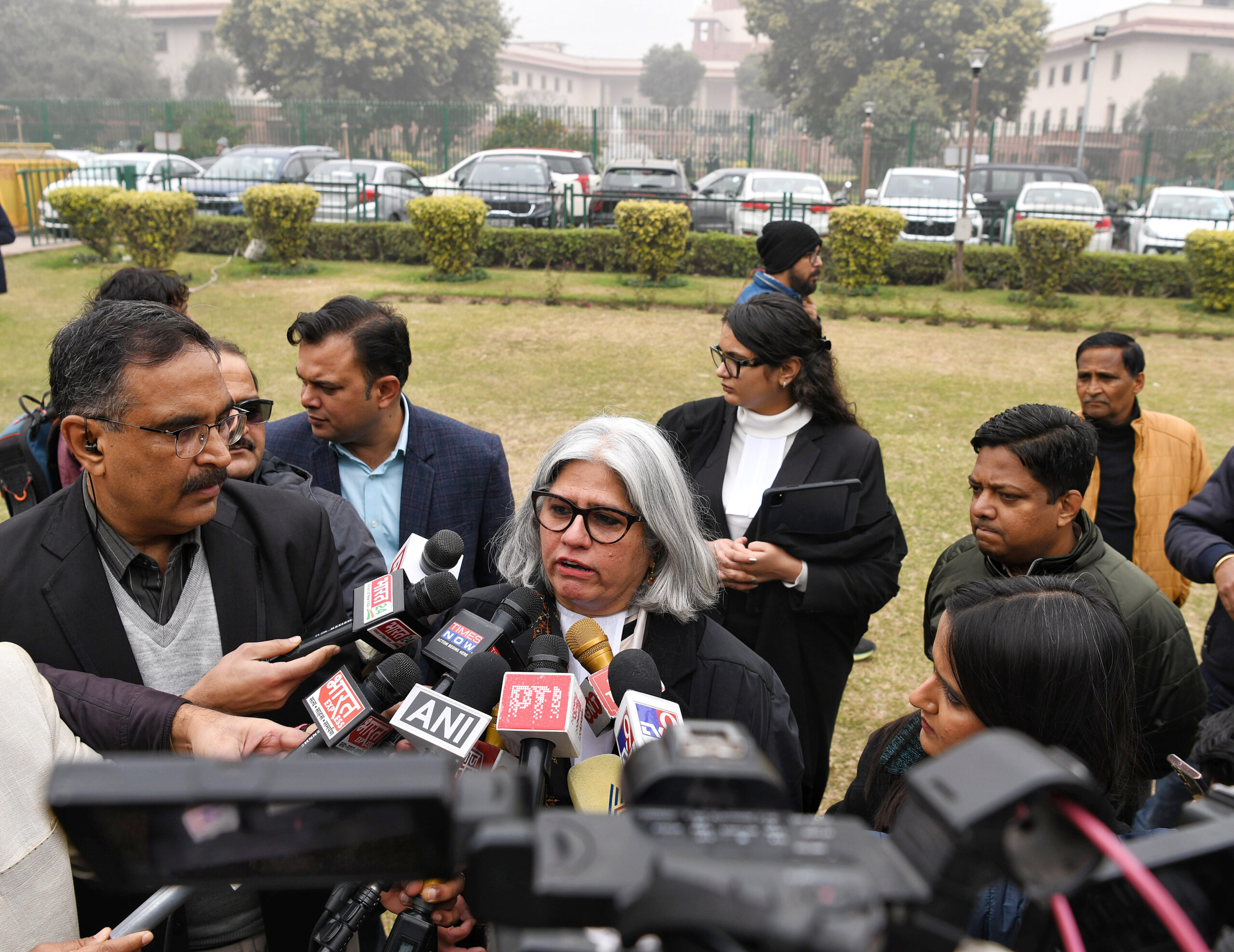Supreme Court Reverses Release of Bilkis Bano Case Convicts
In a significant development, the Supreme Court of India has overturned the release of 11 convicts in the Bilkis Bano gang-rape case. The Court’s decision, announced on Monday, mandates the convicts to surrender within two weeks, following their release by the Gujarat government in 2022.
Responses to the Verdict
Bilkis Bano and her supporters welcomed the Supreme Court’s decision, viewing it as a significant step towards justice. Conversely, the Gujarat government expressed disappointment, asserting its authority to grant remission and raising concerns about the impact on India’s federal structure.
Bilkis Bano Case: A Timeline of Events
2002:
March 3rd: During the Gujarat riots, Bilkis Bano, then 5 months pregnant, is gang-raped by 11 men. Seven of her family members, including her 3-year-old daughter, were murdered.
March 7th: FIRs filed against the perpetrators.
2004:
August: Charge-sheet filed against 19 accused.
2008:
February 21st: Special Court in Mumbai convicts 11 accused of gang rape, murder, and other charges. They are sentenced to life imprisonment.
May 8th: Bombay High Court upholds the convictions and sentences.
June 6: The Bombay High Court convicts another 5 accused for their role in the conspiracy and for tampering with evidence.
2011:
November 10: The Supreme Court directs the Maharashtra government to set up a Special Court to conduct the trial in Mumbai.
2012:
May 3rd: Supreme Court transfers the case to Maharashtra due to concerns about fair trial in Gujarat.
2017:
October 10th: Supreme Court awards Bilkis Bano and her surviving family member compensation of Rs. 50 Lakh each.
2022:
August 15th: Gujarat government grants remission to all 11 convicts under the remission policy for prisoners completing 14 years of their sentence. They are released from prison.
August 22nd: Bilkis Bano petitions the Supreme Court against the remission order.
October 12th: Supreme Court reserves its verdict after an 11-day hearing.
2023:
December 8th: Bilkis Bano writes to the Chief Justice of India seeking early pronouncement of the verdict.
2024:
January 8th: Supreme Court quashes the remission order, declaring it illegal and void. The convicts are ordered to surrender within two weeks to serve their remaining sentences.
Adding on:
- Throughout the years, various petitions and appeals are filed by both the defense and prosecution in different courts.
- The case sparks widespread outrage and protests across India, raising concerns about justice for survivors of sexual violence and communal violence.
- The Supreme Court’s final verdict in 2024 is seen as a landmark decision and a victory for survivors’ rights.
Potential Legal Implications
The Supreme Court’s decision is expected to set a precedent for cases involving the remission of convicts in crimes against women. It may also prompt a reexamination of the remission-granting process in India, with potential implications for future legal proceedings.
Ramifications for Future Legal Landscape
The Supreme Court’s verdict in the Bilkis Bano case is poised to influence the future legal landscape surrounding cases of convicts’ remission, particularly those involving crimes against women. This ruling may serve as a guiding precedent and could prompt a reevaluation of legal processes, introducing potential shifts in the way such cases are handled in the Indian judicial system.












